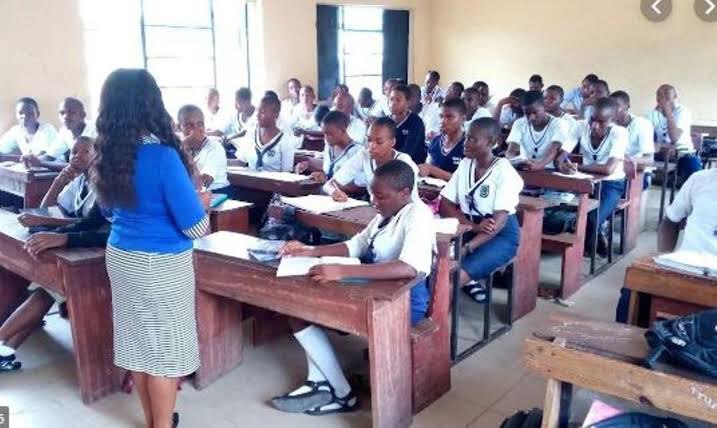A recent report reveals that twelve states in Nigeria have yet to fully implement the ₦30,000 minimum wage for teachers, originally approved in 2019. Data from the National Union of Teachers (NUT) indicates that although some states applied the minimum wage increase, primary school teachers were often excluded.
The affected states where the wage is not implemented for teachers at all include Abia, Adamawa, Benue, Cross River, Gombe, Imo, Kogi, Niger, Sokoto, Taraba, Bauchi, and Zamfara. Meanwhile, in states such as Anambra, Bayelsa, Borno, Delta, Enugu, Jigawa, Kaduna, Nasarawa, and Yobe, the minimum wage has been denied specifically to teachers in primary schools.
In May 2024, the Nigeria Labour Congress in Zamfara State accused the government of paying teachers as little as ₦8,000 monthly, raising further concern. The Abia State government faced similar accusations for its failure to implement the minimum wage for teachers and other state workers.
NUT President Titus Amba commented on the ongoing issue, recalling how former President Muhammadu Buhari’s administration acknowledged the challenges facing teachers during the 2020 World Teachers’ Day. Buhari announced a series of welfare measures to uplift teachers and enhance Nigeria’s education sector, which included:
- A special salary scale for basic and secondary school teachers
- Bursaries for education students in universities and colleges
- A special pension scheme to retain experienced teachers and increase their retirement age
- A career path policy for teachers across the country
Further incentives aimed at supporting teachers included low-cost housing in rural areas, accessible loan facilities for housing, cars, and agriculture, free tuition and automatic admission for teachers’ children, among other benefits.
Despite these promises, Amba expressed disappointment that many of the approved welfare packages remain unfulfilled. “We urge both federal and state governments to ensure the full implementation of these incentives to strengthen teachers’ morale and support them in their professional duties,” he stated.
